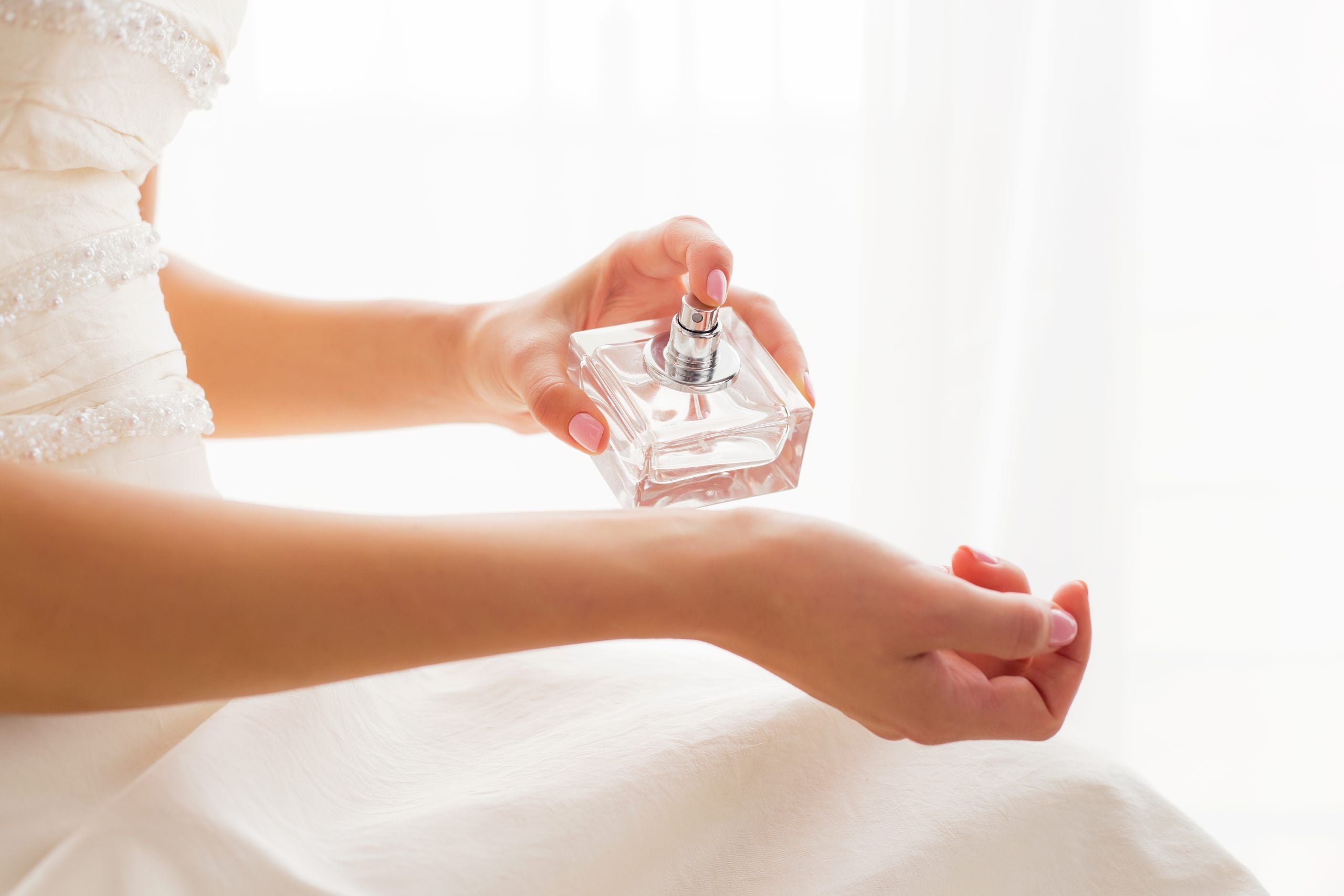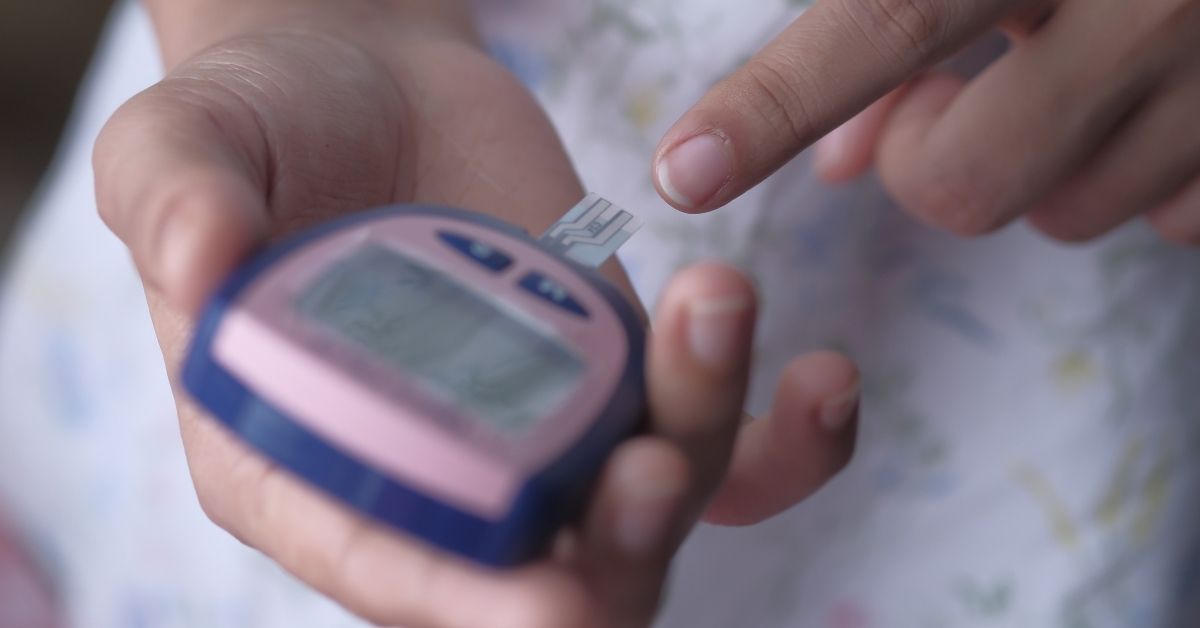Some people don’t feel fully dressed without putting on some sort of fragrance – perfume, body spray, cologne. It’s part of the reason why they make such popular gifts for Christmas, birthdays, and anniversaries. Unfortunately, a couple of innocent spritzes can have a serious impact on others. For many people, exposure to the chemicals in perfumes, colognes, and scented products can cause severe allergic reactions. Artificial scents can cause asthma symptoms to worsen as well.
It isn’t just those with allergies or asthma who find scented products problematic. In a study published in the Journal of Environmental Health, doctors Stanley M. Caress and Anne C. Steinemann conducted surveys from 2002-2003 and 2005-2006 to determine the percentage of Americans who are adversely affected by exposure to artificial scents – in the general population, as well as those with asthma or chemical sensitivity. Respondents were asked if they experienced irritation, breathing difficulties, headaches, or other problems when exposed to:
• Perfume/cologne,
• Air fresheners or deodorizers, or
• Fumes from laundry soaps, fabric softeners, or dryer sheets when ventilated to the outside.
The aggregated results showed that a considerable portion of the population experiences at least some discomfort from these items.
| Perfumes | Air Fresheners | Laundry Products* | |
| General Population | 30.5% | 19% | 10.9% |
| Asthmatics | 37.5% | 33.5% | 21.2% |
| Chemically Sensitive | 67.3% | 57.9% | 39.8% |
* This portion of the survey was only included in the 2005-2006 round of research.
Experts believe that sensitivity to scented products is exacerbated by several factors: 1. heavy fragrances are being added to more and more items; 2. artificial oils, as opposed to natural essential oils, may smell like their natural counterparts but are missing the beneficial aromatherapeutic factors; and 3. new scents are composed of more complex formulas than in the past and the additional ingredients increase the likelihood that there will be an irritant included in the mix.
Chemical sensitivity has become so widespread that some companies have instituted a ban on the use of perfumes and heavily fragranced products in the workplace, in order to protect those people with allergies or chemical sensitivities. In a recent editorial published in the Canadian Medical Association Journal (CMAJ), doctors Ken Flegel and James Martin argue that this ban should be applied to all healthcare facilities as well. In their article, they highlight the fact that people who are in the hospital as a result of their asthma or allergies are particularly vulnerable to problems induced by perfumes. Therefore, in order to protect this patient population, the doctors are calling for a blanket ban on the use of all artificial fragrances in hospitals and treatment centers. That includes perfumes, cologne, body spray, and scented aftershave.
So what’s a perfume aficionado to do? A little courtesy can go a long way. Maybe you have a friend or loved one with asthma? Talk to them about their triggers and keep this in mind when meeting or visiting with them. You wouldn’t expect a friend with an allergy to cats or dogs to spend a lengthy amount of time in a home with multiple pets. You should resist the temptation to put on perfume or cologne when meeting them. Definitely don’t light any scented candles if they’re coming to visit you at your place.
Limiting how many artificially scented products you use can diminish the negative impact you have on the people around you. We can all appreciate the kindness of strangers – considering the health and wellbeing of friends and family is a good start but it may be time to reconsider which scented products you use. Again, you don’t have to stop your use of perfumes or colognes completely but you can limit how many scents you wear in general by prioritizing your favorite and trying to use unscented beauty products and laundry detergents. When possible, try to use fragrances with natural ingredients instead of artificial.
Finally, don’t wait for a ban on fragrances to be instated at hospitals and health care facilities. Be courteous to patients and don’t put on any additional scents when visiting these places. Asthma attacks and allergic reactions can be life threatening for people who are otherwise healthy; meanwhile the wellbeing of anyone who has been admitted to the hospital is already compromised so they are even more likely to have a fatal attack. Encourage others to stop wearing fragrances when visiting the hospital to help prevent this problem.
In all likelihood, those without respiratory problems aren’t even aware of the risk they pose. Now that it’s on your radar, a few simple changes which could help the people around you breathe freely. You don’t have to abandon fragrance entirely but you can probably cutback – you’d be doing a bigger favor than you realize for those around you.



